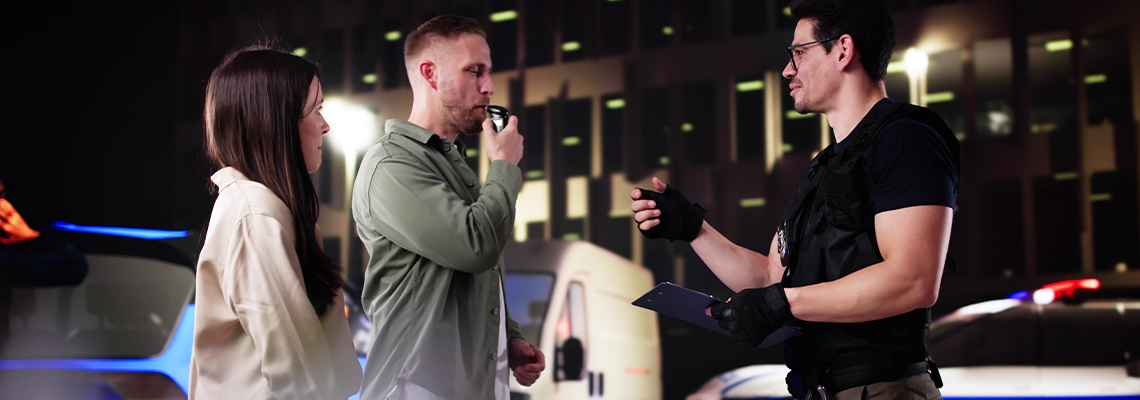It can be incredibly intimidating to see the flashing lights of a law enforcement vehicle in your rearview mirror. When police initiate a traffic stop, it must be for a valid reason. Police cannot simply stop you because they want to, but instead, there must be reasonable suspicion of an issue, such as intoxicated operation of a vehicle. In cases involving suspected drunk driving traffic stops, there are certain behaviors that police will look for that could provide a reason to stop the driver.
If police violate your rights or pull you over without a valid reason, it could be grounds to challenge the entire case against you. It is in your interests to understand your rights and what actions could provide reasonable suspicion for an OWI traffic stop. This knowledge could provide you with important insight as you prepare your defense strategy in case you face drunk driving charges in Michigan.
Actions that may cause reasonable suspicion
When drivers behave in certain ways, it can cause law enforcement to assume that driver intoxication is the cause. Reasonable suspicion means that there is a reason to temporarily detain a driver, but additional evidence is necessary to arrest a driver. Just because an officer pulled you over does not mean that you will automatically face arrest. The following behaviors could be reasonable suspicion for a traffic stop:
Swerving from lane to lane
Driving at erratic speeds
Stopping in the middle of the road
Striking stationary objects
Braking frequently without a valid reason
Making an illegal turn
Straddling the center line
However, this is not an exhaustive list. Police have the right to stop a driver if he or she is exhibiting any type of behavior that could indicate intoxication or potential danger to others on the road.
After a traffic stop
After pulling a driver over, police will approach the vehicle to speak with the driver. If there is a valid cause to do so, such as smelling alcohol or seeing open containers of alcohol in the car, the officer may ask the driver to submit to sobriety tests. This could lead to a breath test and an eventual arrest. If police charge you with an OWI, you have the right to defend yourself against these allegations and pursue the best possible outcome to your case.




